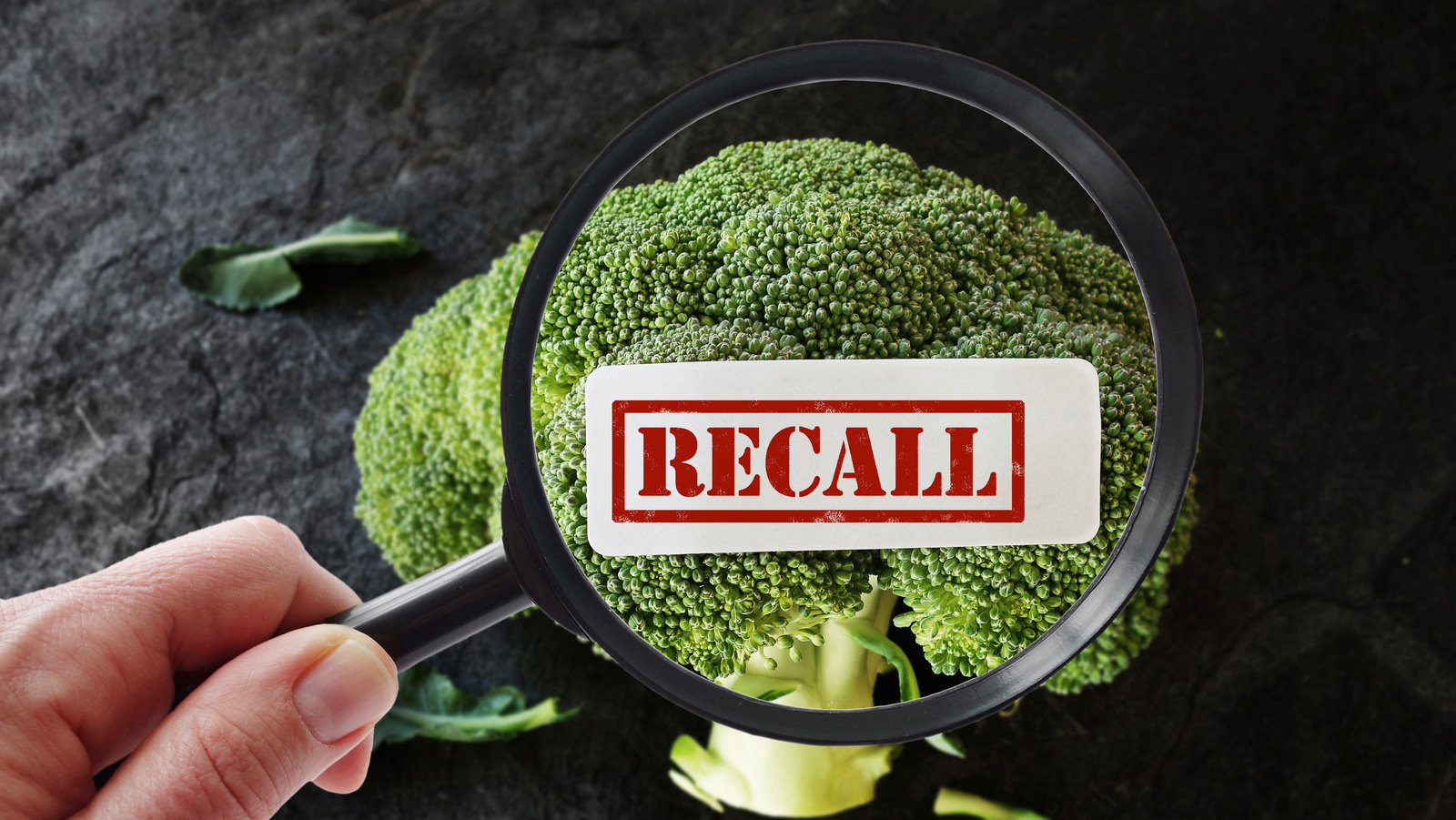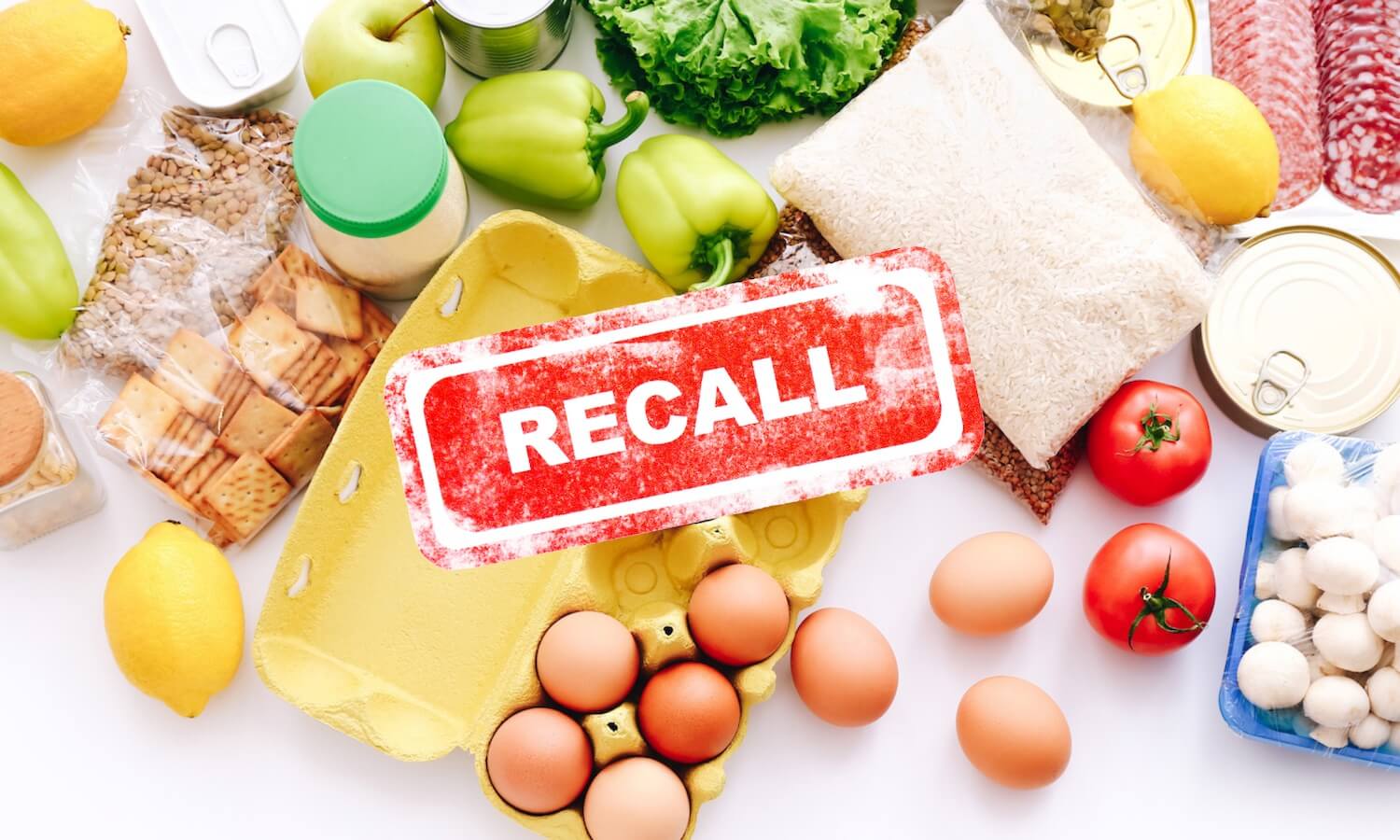They are important to keep us safe, but sometimes they can be a little confusing. Understanding how recalls occur, what to do when a recall happens, and which foods are most commonly recalled can help you stay current and protect your family.
Why Are Foods Recalled?
Fortunately, there are a number of reasons why food recalls happen—aand they all have to do with safety. There are several occurrences that often result in a food product being recalled.
Bacterial Contamination:
Probably the most frequent recall in pet food is because of bacterial contamination. Not all bacteria are harmful, but dangerous pathogens such as E. coli, Salmonella, or Listeria can contaminate foods and, when eaten, lead to serious sickness up to the point of death.
Foreign Bodies:
In some cases, food products may contain foreign bodies such as glass shards, metal fragments, or plastic pieces. Those can be choking hazards or arm-inflict injuries.
Allergic Reactions from Undeclared Allergens:
Food products containing one or more ingredients that could cause allergic reactions but not listed on the label can also be behind recalls. This is of particular importance for individuals with food allergies, where only trace amounts can induce a catastrophic response.
Labelling Mistakes:
If there is a standout with the data on labels, for example, missing ingredients or off-base sustenance information, it can cost an issue to recall all things, and these missteps are classified as labelling slips.
Which Foods Get Recalled the Most?
Recalls can occur with higher frequency on some food products because of their nature and the risks they pose. The highest-risk food details are based on a Consumer Reports investigation of 2017 to 2022 recall data.
Leafy Greens:
Recalled 50 times during the period, usually for E. coli or Salmonella contamination. Top on the list were leafy greens, scoring 11 of the most food fatalities.
Cheese and deli meats:
122 recalls or outbreaks related to cheese, Listeria, or Salmonella. Those recalls were tied to seven deaths and encompassed more than 16 million pounds of cheese and deli meats.
Ground Beef:
22 recalls— Hamburger is a common carrier of E. coli or Salmonella bugs that can kill you. During this same period, almost 13 million pounds of ground beef was recalled.
Onions:
On the onion front, 2,167 illnesses and 13 recalls were attributable to bacterial contamination.
Turkey & Chicken:
Both were recalled multiple times; one has killed 1 and the other fatal. Most of the recalls were for Salmonella contamination.
Papayas and Peaches:
Now if we are talking about papaya, those have also been recalled a large number of times due to the bacteria Salmonella. This is how many illnesses and deaths were connected to papayas—332 people, two of whom have died; the infection from peaches was linked to 101 persons.

Cantaloupe and Flour (Salmonella is the cause of most cantaloupe recalls, while E. coli and Salmonella are usually to blame for flour-related recalls.)
How to handle a food recall
Follow these recommendations if you determine that a food product in your home has been recalled:
Not to worry:
Food recalls are usually done correctly. But it is vital that you heed those instructions.
If you have recalled food, do not eat it. Even if the recall applies to a food that looks and smells fine, don’t eat it. The contaminants are not always discernible to the naked eye by taste or smell.
Do NOT open the food. Do not peel back plastic on top of any package or poke holes in a meat bag. Remember, we cannot see contaminants, and merely opening the package could affect bacteria or other dangerous materials.
Obey Recall Instructions:
Refer to the recall notification for particular guidelines. Normally they will either disburse a refund from the store or dispose of and replace those parts. Remember to follow all extra instructions given in order for the product not to cause further risk.
Sanities:
Clean and sanities food contact surfaces, utensils, or kitchen equipment that came in direct and/or indirect contact with the recalled product.
Recent high-profile recalls
Boar’s Head deli meats were recently part of a lengthy Listeria outbreak recall. The recall, which began with an initial identification of one product linked to the outbreak last week and initially spanned 7 million pounds of deli meats, In addition, the USDA inspection reports showed “immediate health hazards” in the plant that gave rise to red flags.
Conclusion
Public Safety:

While it may be problematic that the only mechanism of providing Vie life with data is letting them take my weight, height, and other essential statistics to have a balance base off which they can work from… not all sniffers are pharmaceutical companies.) 967 -Vie life This makes food recall an important tool in protecting public health but always requires an alertness response. Understanding the reasons behind recalls and which foods are frequently recalled, as well as what to do if a recall is relevant to you, can all help reduce your risk of suffering from foodborne sickness. Be aware, stay vigilant, and always remember—a an ounce of prevention is worth a pound of cure.




